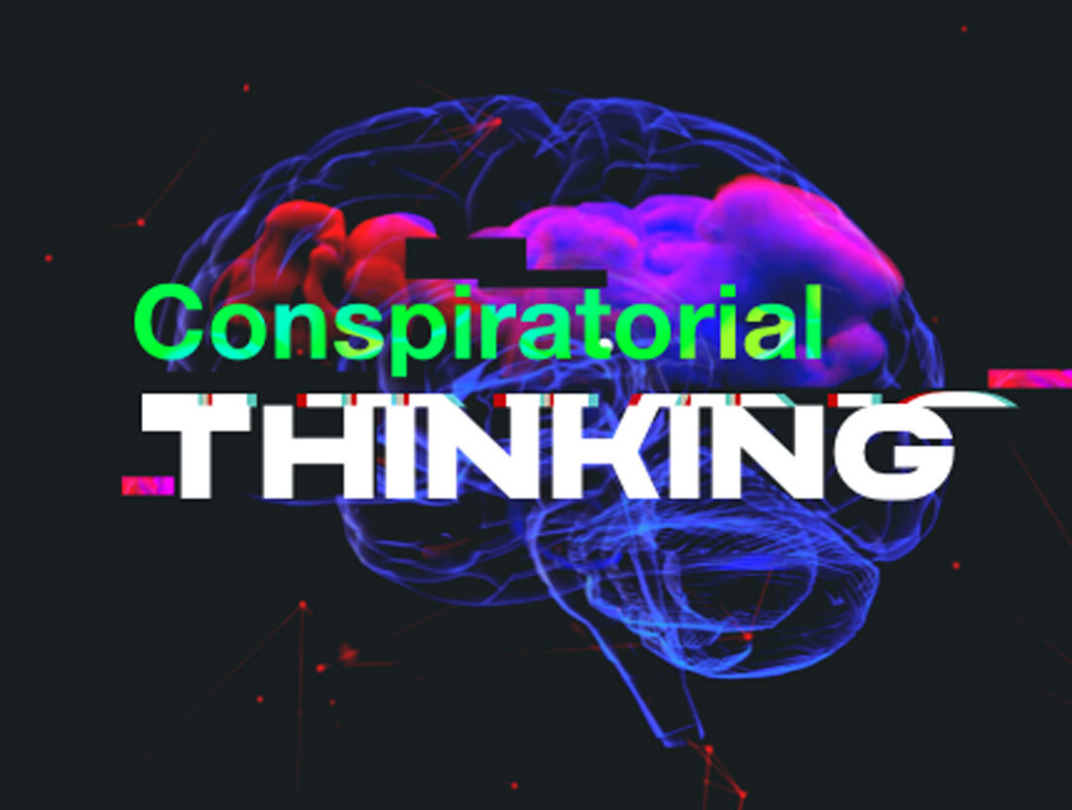
NLP offers new, urgently needed lesson on conspiratorial thinking
As recent events have demonstrated, false conspiracy theories online can fuel dangerous actions in real life. In this context, NLP is introducing a new lesson to educate students and the public about how conspiratorial thinking develops and its effects.
The comprehensive “Conspiratorial Thinking” lesson, included with NLP’s free Checkology® e-learning platform, seeks to help people understand the factors that allow conspiratorial thinking to take hold and conspiracy theories to flourish. It is available to educators and the general public.
You can preview the lesson here. For the best experience, register here to explore this and all Checkology lessons.
“The need to educate about conspiracy theories and why people believe them cannot be understated,” said John Silva, NLP’s senior director of education and training. “This is why we developed a lesson to teach young people about conspiratorial thinking and how it leads to a breakdown of critical, rational thought and belief becoming more important than facts. We must address the warning signs of cognitive dissonance and motivated reasoning — the thought processes that make us seek any information to support a belief.”
Renée DiResta, research manager at the Stanford Internet Observatory who investigates the spread of false narratives across social networks and assists policymakers in understanding and responding to them, hosts the lesson.
The new lesson teaches people to understand key components of conspiratorial thinking, including:
- What a conspiracy theory is and what separates it from other kinds of misinformation.
- How it can be captivating despite a lack of evidence to support it.
- The real-world consequences and the political and social impact of conspiracy theories.
“More importantly, added Silva, “people will learn how to recognize forms of cognitive biases that make false information seem true and how to evaluate sources and accept information as true only if it is verifiable and credible.”
“Conspiratorial Thinking” is the 14th lesson in NLP’s browser-based platform, which teaches students how to navigate the digital landscape by developing news literacy knowledge, skills and habits of mind.